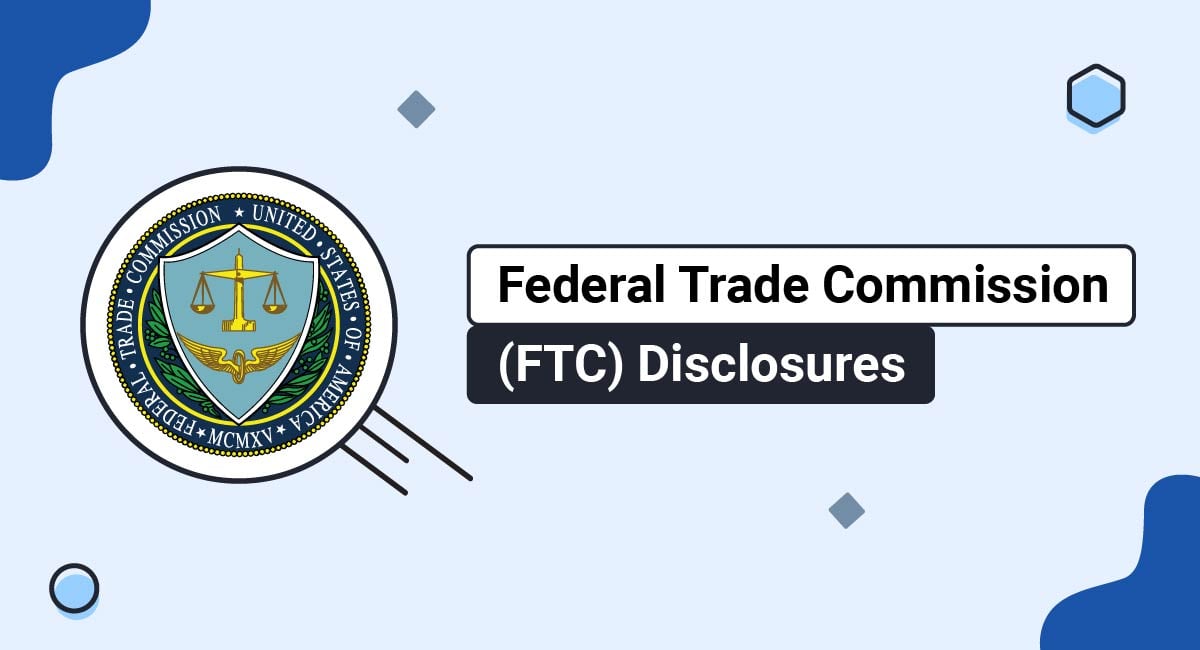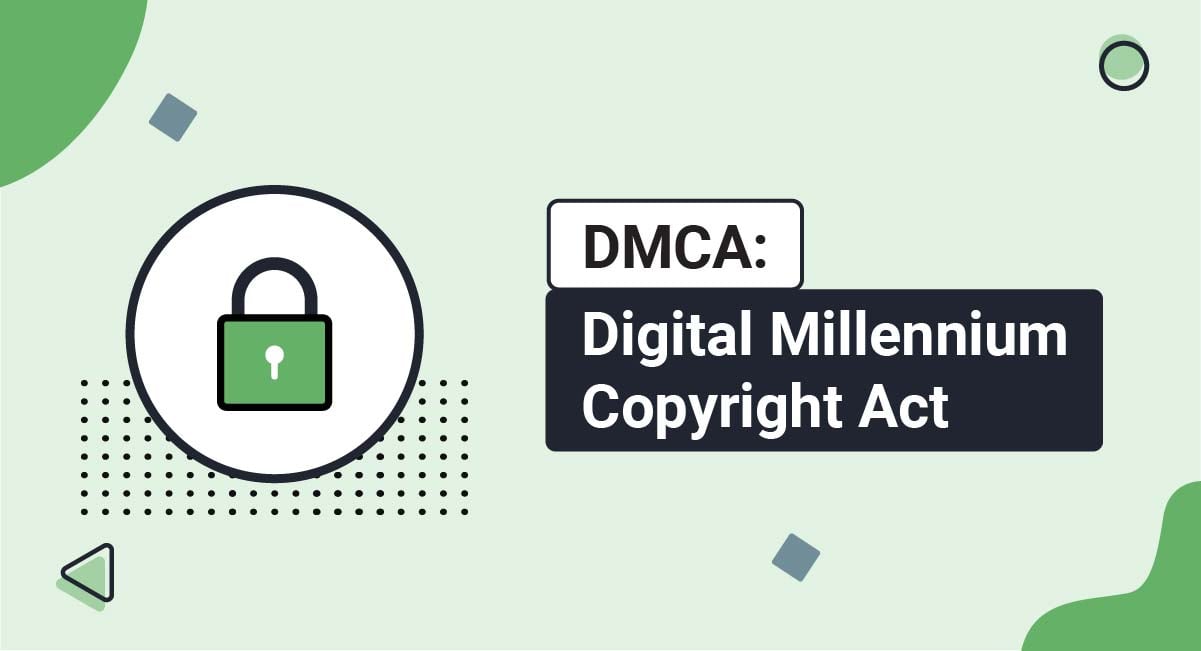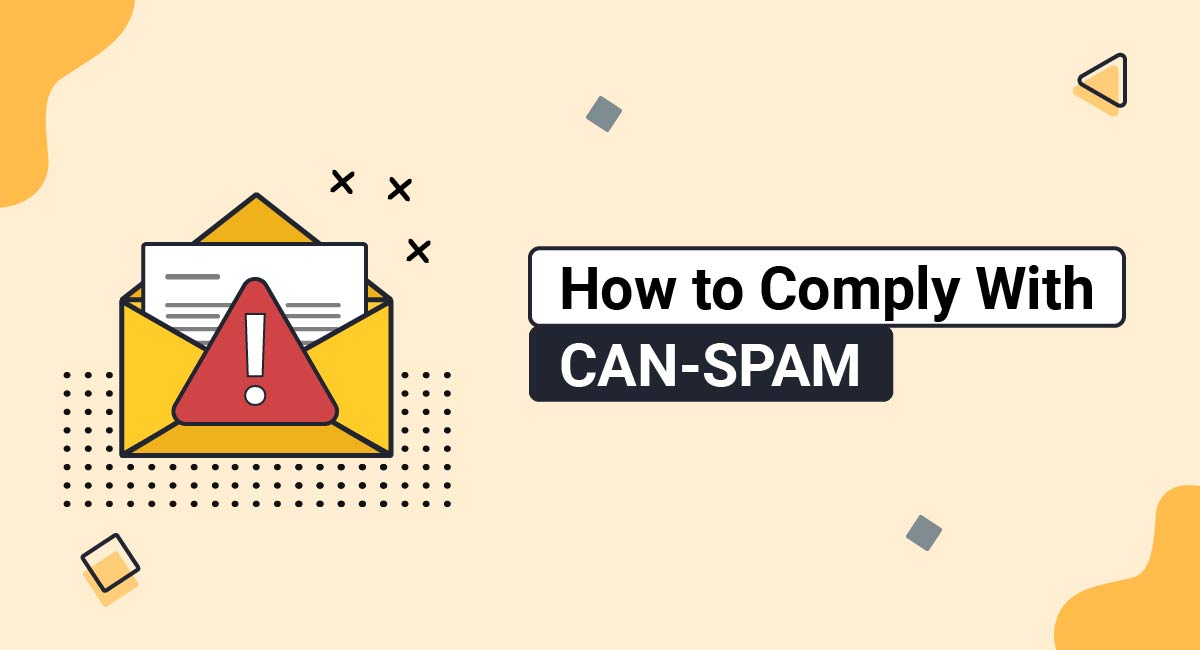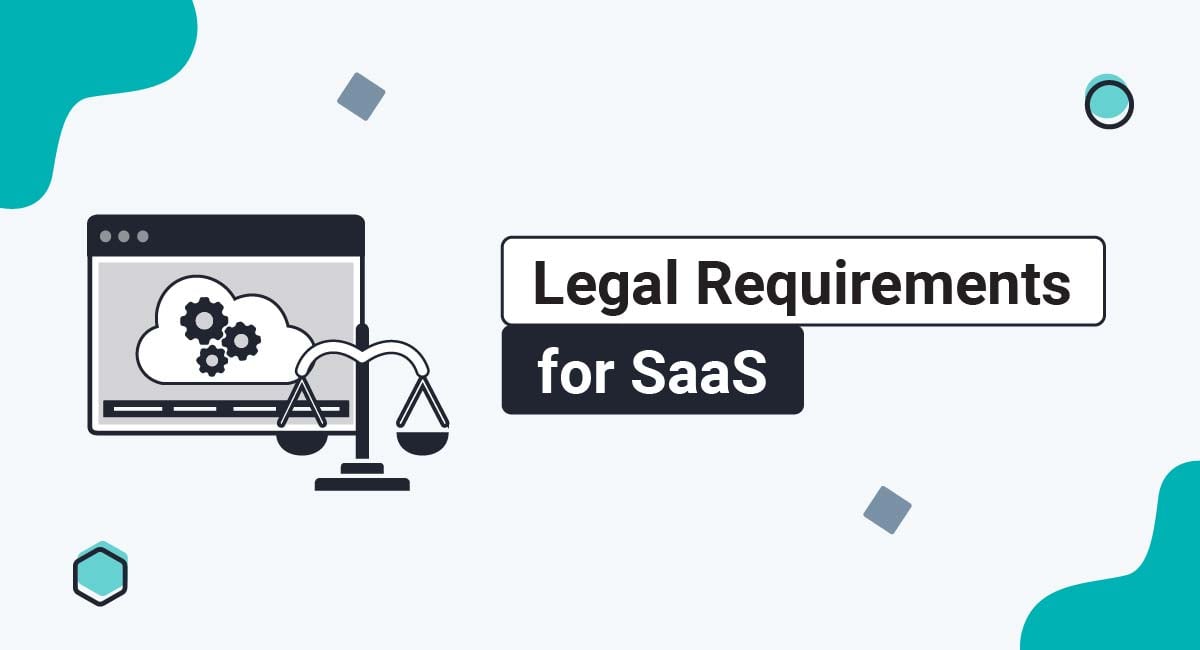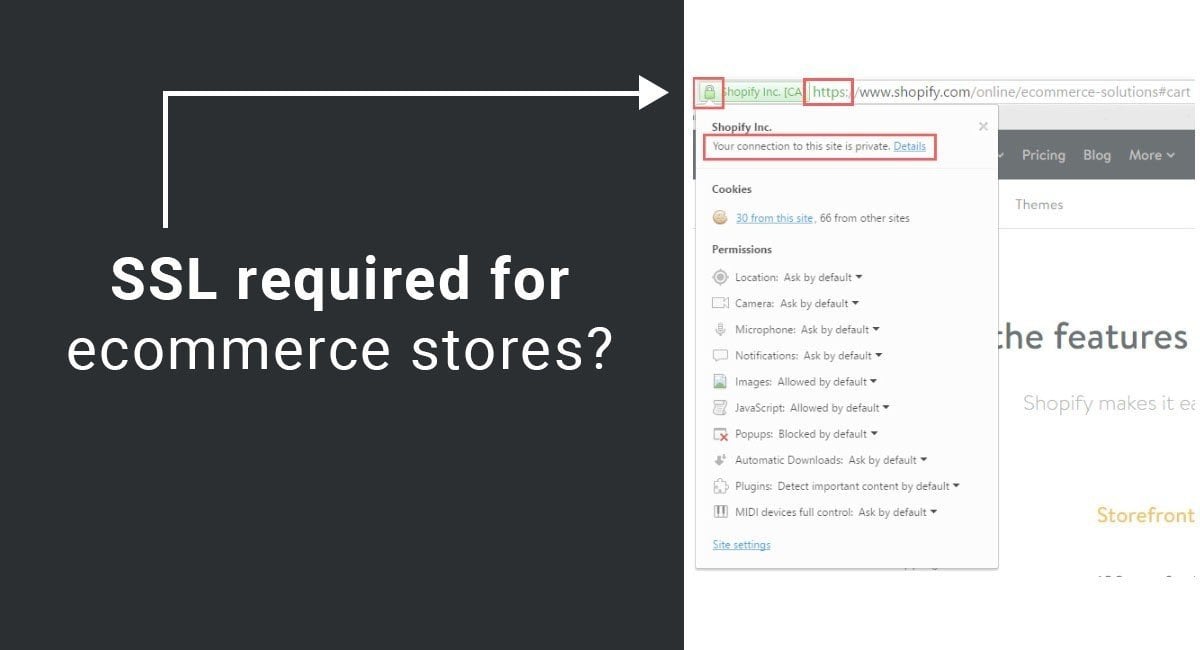Blog: Legal Requirements
Page 25
Navigate
-
EULA Agreements
-
Cookies Policy Agreements
-
Disclaimer Agreements
-
Privacy Policy Agreements
-
US Privacy Laws
-
Return Policy Agreements
-
Legal Requirements
-
EU Privacy Laws
-
Terms & Conditions Agreements
-
How to
-
Asia Privacy Laws
-
CA Privacy Laws
-
Consent
-
Templates
-
Consumer Privacy
-
AU Privacy Laws
-
LatAm Privacy Laws
-
Clauses
Federal Trade Commission (FTC) Disclosures
The Federal Trade Commission (FTC) is a government organization that works to regulate the marketplace and ensure that consumers are safe from fraudulent or deceptive business practices. The FTC requires companies that use certain business practices to maintain specific disclosures on their websites, blogs, social media posts, videos, and apps. These...
Perfect "About Us" Page
Having a good "About Us" page can have a number of pretty amazing benefits for your business, including: Making your company seem more trustworthy Giving you a human element and heartfelt relatability that consumers seek Providing a platform to tell your story Differentiating you from your competitors This article will go further into these benefits...
DMCA: Digital Millennium Copyright Act
The Digital Millennium Copyright Act (DMCA) is a United States copyright law that deals with the protection of copyrighted material online. By creating a DMCA Policy for your website, you can allow users to create or upload their own content while protecting your business from any potential copyright infringements. In this...
How to Comply With CAN-SPAM
The CAN-SPAM Act applies to businesses that send commercial emails and has hefty financial penalties for anyone found in violation of the law. Businesses that send marketing emails need to be aware of the CAN-SPAM Act and take steps to ensure their emails comply with its rules. This article explains what...
Legal Requirements for SaaS
If your business uses SaaS then there are specific legal requirements that you need to make sure to follow whenever you make any changes to your software or apps that affect how you handle users' privacy or personal information. This article will explain what SaaS is, the benefits of implementing SaaS...
Is SSL Required on e-Commerce Stores
SSL stands for Secure Sockets Layer, and is the industry standard when it comes to safe and secure online transactions between websites and users. Put simply, the SSL technology allows for an encrypted connection to take place between a user's web browser and the web server of the website that the...
